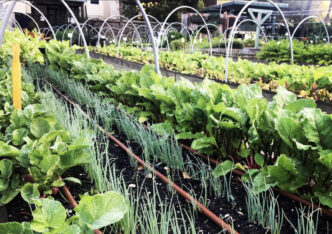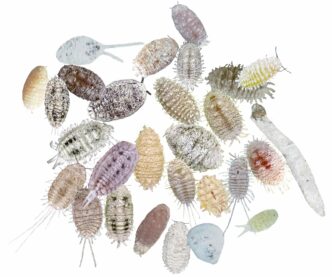
CLEMSON — A new certification program provides a framework to encourage the planting and maintenance of pollinator habitats at solar farms in South Carolina.
The Department of Fertilizer Regulation and Certification Services (FRCS), South Carolina Department of Natural Resources (SCDNR), Clemson University Extension Service and Audubon South Carolina teamed up to offer the Certified Solar Habitat program.
Solar power generation as grown significantly in South Carolina. The 2019 Smart Electric Power Alliance Utility Solar Market Report states that 571.3 megawatts of solar energy is online in South Carolina. In 2017, according to the Smart Electric Power Alliance, South Carolina was fourth in the country in new solar capacity per state, following behind California, Texas and North Carolina.
The increase in solar generation creates competition on the landscape, adding competition with traditional land uses, such as agriculture and silviculture. Solar farms can also adversely affect valuable natural resources if they are not properly planned and constructed.
However, adding pollinator habitat to a properly sited and constructed solar farm can provide benefits to the solar developer and the solar farms’ neighbors.
Spurred by an initiative of Audubon South Carolina with the support of SCDNR, the South Carolina Solar Habitat Act (§50-4-10) was signed into law by Gov. Henry McMaster, taking effect on June 1, 2018. The law provides a voluntary framework to encourage owners of ground-mounted commercial solar energy generation sites to follow voluntary site management practices that:
- provide native perennial vegetation and foraging habitats beneficial to gamebirds, songbirds and pollinators; and
- reduce stormwater runoff and erosion at the solar generation site.
The Certified Solar Habitat program offers training for environmental consultants, utilities, solar developers and landowners, led by Clemson Extension beginning in November. This training will focus mainly on how to establish pollinator plant species and manage them within a solar farm.
Solar Developers interested in the program must submit an application by January 15th to FRCS for review. Sites will be inspected two years after establishment and deemed certified if they pass the inspection.






